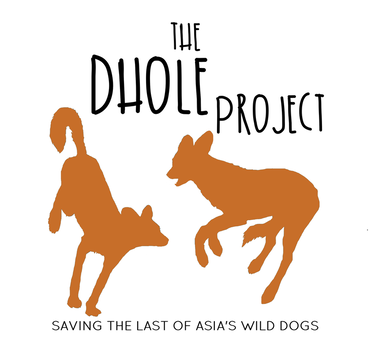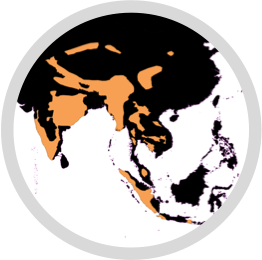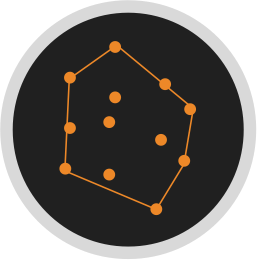What?
The Dhole Project was launched in 2016. The aim of the project is to conduct research work on dholes to better understand their requirements, and formulate science-based strategies to conserve the species.
The Dhole Project was launched in 2016. The aim of the project is to conduct research work on dholes to better understand their requirements, and formulate science-based strategies to conserve the species.
Where?
The project is being implemented in India. Specifically, most of the studies are focused on the Western Ghats landscape in southern India. But the findings from the project will benefit dhole conservation globally.
The project is being implemented in India. Specifically, most of the studies are focused on the Western Ghats landscape in southern India. But the findings from the project will benefit dhole conservation globally.
How?
The research work relies on a combination of methods and approaches, each of which provides a different and unique understanding of dhole ecology and conservation needs.
The research work relies on a combination of methods and approaches, each of which provides a different and unique understanding of dhole ecology and conservation needs.
Why?
The project will generate information that links dhole individuals, packs, populations and meta-populations across the species' geographic range. This can help wildlife managers, conservationists and governments in better managing and conserving dhole populations across 305,418 sq. km of their range.
The project will generate information that links dhole individuals, packs, populations and meta-populations across the species' geographic range. This can help wildlife managers, conservationists and governments in better managing and conserving dhole populations across 305,418 sq. km of their range.
Progress update
- March 2016: The Dhole Project started with a crowd-funding campaign in 2016. The campaign helped raise 2000 USD towards the project. See the donor report for more details.
- July 2018: The first component of the project involved analysis of dhole distribution dynamics in the Western Ghats, mapping patterns and determinants of local extinctions.
- October 2018: The Dhole Project was showcased at the Wildlife Conservation Network Fall Expo.
- February 2019: The Dhole Project was part of the first IUCN global meeting of dhole experts in Thailand to assess population and habitat viability across range countries.
- May 2019: We initiated the first long-term study to monitor dhole populations in the Western Ghats.
- July 2019: Read the multi-part blog series "Disappearing Ghosts": Part 1, Part 2, Part 3.
- December 2019: Read the annual project report for the year 2019.
- January 2020: We published a paper based on a systematic review and meta-analysis of global-scale dhole–livestock–human interactions.
- July 2020: We published a paper presenting a strategic road map for conserving dholes in India.
Uday Kiran












